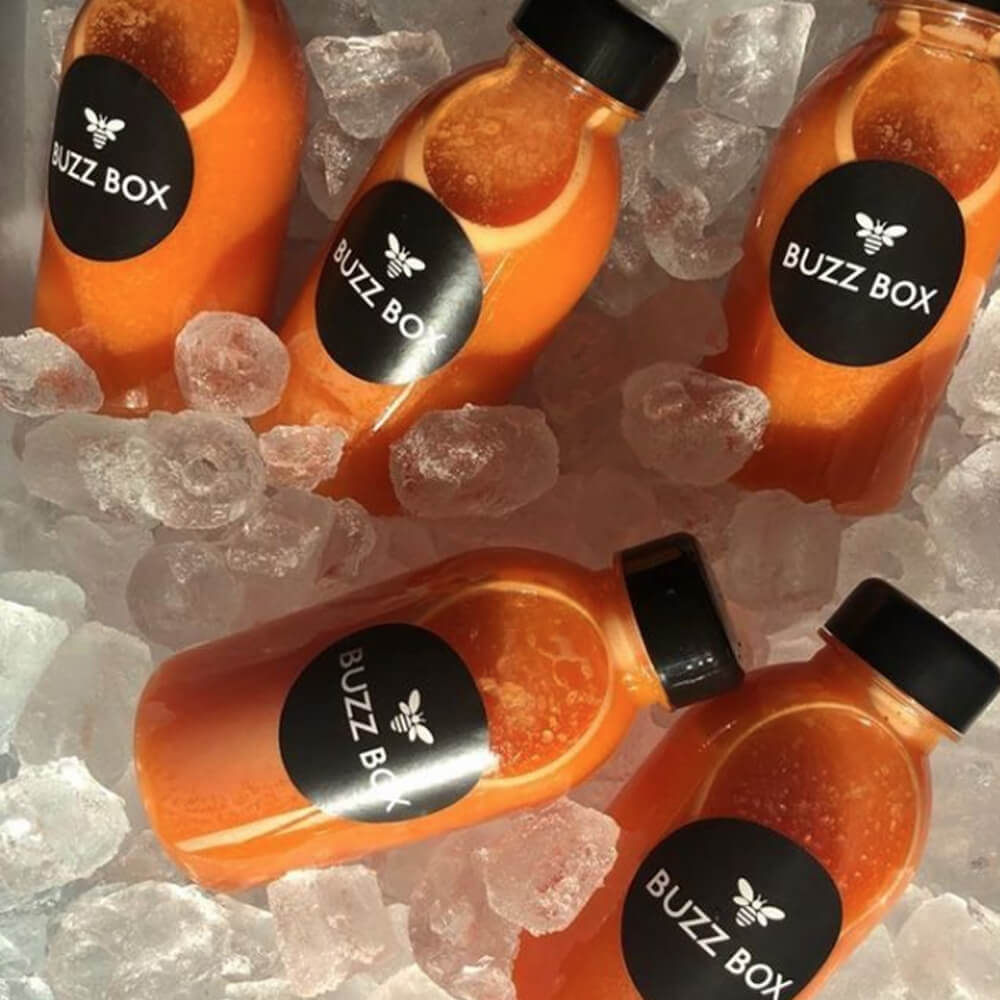The Environmental Impact of Disposable Plastic Coffee Cups
In the hustle and bustle of modern life, coffee has become an essential part of our daily routine. For many, it's hard to start the day without that first warm sip. However, the convenience of disposable plastic coffee cups comes with a significant environmental cost that is often overlooked. These seemingly innocuous items contribute to the growing problem of plastic pollution and have far-reaching consequences for both our planet and our health.
The Problem with Plastic
Disposable plastic coffee cups, often lined with polyethylene to make them waterproof, are notoriously difficult to recycle. While some municipalities have made strides in recycling programs, the reality is that a vast majority of these cups end up in landfills. Estimates suggest that over 16 billion disposable cups are used in the United States alone each year. This staggering statistic demonstrates not only our reliance on single-use items but also the urgent need for change in the way we consume our beverages.
Plastic takes hundreds of years to decompose, and even then, it breaks down into microplastics that infiltrate our soil and waterways, posing threats to wildlife and ecosystems. Marine life, in particular, suffers dire consequences; animals ingest plastic particles, leading to malnutrition, starvation, and even death. The ripple effect extends to humans, as these microplastics can enter our food supply, affecting our health in ways that science is still unraveling.
Alternatives to Disposable Cups
In light of these issues, there is a growing movement towards sustainable alternatives. Reusable coffee cups made from materials such as stainless steel, glass, or BPA-free plastic provide a practical solution. Many coffee shops are now incentivizing customers to bring their own containers, offering discounts for those who choose to forgo disposables. Additionally, innovative companies have emerged that focus on creating biodegradable or compostable coffee cups. These alternatives aim to minimize environmental impact and demonstrate that convenience doesn't have to come at the expense of the planet.
disposable plastic coffee cup

Education and Awareness
Raising awareness about the impacts of disposable plastic coffee cups is crucial. Education plays a significant role in changing consumer behavior. When people understand the environmental consequences of their choices, they are more likely to make informed decisions. Campaigns, documentaries, and social media initiatives can bring attention to plastic pollution and inspire action.
Moreover, it’s essential for businesses and corporations to take responsibility as well. Implementing sustainable practices—such as offering incentives for reusable cups, investing in environmentally friendly packaging, and supporting clean-up initiatives—can make a substantial difference. Collaboration between businesses, consumers, and government agencies is key to creating a sustainable future.
The Role of Legislation
Legislation can also play a vital role in addressing the issue of disposable plastic coffee cups. Countries and cities around the world are beginning to enact laws aimed at reducing single-use plastics. For instance, some places have implemented bans on plastic straws and stirrers, while others have introduced taxes on disposable items to encourage consumers to opt for reusable alternatives. These measures serve to elevate the issue on the political agenda and demonstrate a commitment to environmental protection.
Conclusion
The disposable plastic coffee cup may seem like a minor convenience in our daily lives, but it represents a much larger environmental challenge. As consumers, we have the power to make choices that reflect our values and priorities. By opting for reusable alternatives, educating ourselves and others about the consequences of plastic pollution, and supporting legislation aimed at reducing plastic waste, we can contribute to a healthier planet for future generations. The time to act is now—every small change can lead to a significant impact. As we sip our coffee, let’s remember that it’s not just about the drink; it’s about the world we want to create.



